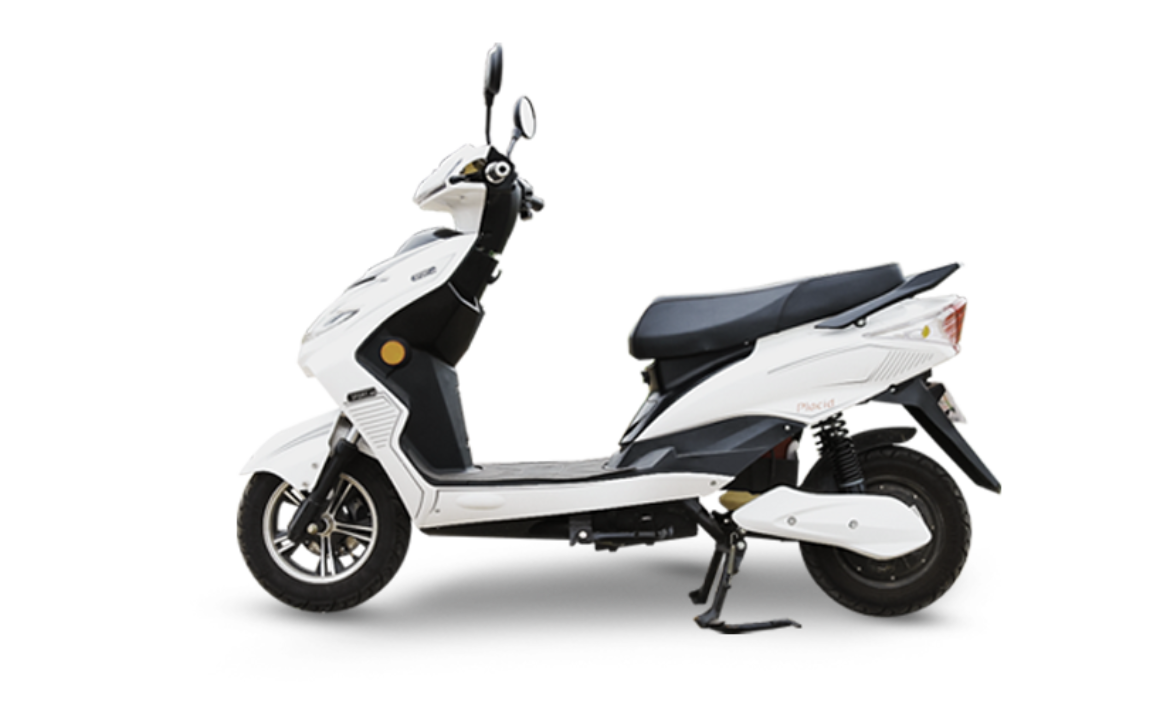E-Mobility Solution is not just purchasing EVs but lot more than that.
The Shift towards Electric Mobility Post-COVID-19
In the wake of COVID-19, awareness around health, hygiene, and environmental sustainability has significantly increased. Communities are embracing these values as essential components of daily life. Businesses have responded by adapting their practices to prioritize safety and ecological responsibility. Among these adaptations, the emergence of electric mobility vehicles has become increasingly important. EV wagon manufacturers in India are offering attractive options for those seeking cost optimization while contributing to an eco-friendly business model.
Why Electric Vehicles are Attractive Options
With a focus on sustainability, electric vehicles (EVs) present a viable alternative to traditional fuel-powered transportation. The Indian government has implemented special incentives and initiatives that make EVs highly attractive for logistics and transportation. For instance, exemptions in taxes significantly lower the total cost of ownership, making electric rickshaws and battery rickshaws appealing choices for businesses.
Optimized Logistic Solutions
Many businesses currently lack their own fleet for logistics, often due to the complexities of fleet management. However, with the rise of e mobility vehicles, acquiring high-yield logistics solutions has become easier and more efficient. Transitioning from a fuel-based fleet to a zero-emission passenger e rickshaw or electric cart represents a transformative shift. These vehicles not only reduce operational costs but also eliminate harmful emissions from internal combustion engine (ICE) vehicles, making commuting more environmentally sound.
For example, under new regulations, you could purchase Adapt Motors’ SWEEKAR model for just one hundred thousand rupees—substantially lower than any fuel-engine alternative, which incurs higher taxes and costs.
Driving Down Your Carbon Footprint
The lower costs associated with EVs are just one reason to make the switch. With climate change being a pressing global concern, adopting a more sustainable vehicle is essential for reducing carbon emissions in India. The pandemic has heightened awareness of individual responsibility to contribute positively to society, further driving the implementation of electric mobility technology in businesses.
The government is actively promoting the use of EVs to help achieve India’s sustainability targets. By utilizing the available incentives, businesses can lower their carbon footprints while demonstrating a commitment to environmental responsibility.
Financing Your Electric Vehicle
Deciding how to finance your new EV can initially seem daunting. Whether to buy outright or lease the vehicle requires careful consideration, and professional guidance can be invaluable in making this decision.
At Adapt Motors, we provide comprehensive support to help you navigate the EV landscape, including:
– Choosing the Right Vehicle: We ensure you select fully electric vehicles that meet emissions and range criteria, steering clear of hybrid models that do not qualify for discounted tax options.
– Financing Options: Whether you choose to lease, enter a Personal Contract Purchase (PCP), or buy the vehicle outright, we’ll help you understand the implications for your business.
– Infrastructure and Training: We assist in setting up the necessary infrastructure and provide training for drivers on vehicle usage and maintenance, optimizing mileage and efficiency.
Now’s the Time to Switch to an EV
Choosing an electric vehicle as your company car is not just an investment in a vehicle; it’s an investment in a sustainable future. By opting for EVs, businesses can achieve significant cost savings while contributing to a cleaner environment.
Explore your options with Adapt Motors, where we specialize in high-spec, sustainable electric mobility vehicles. Our range includes both passenger and goods carriers, designed to meet your operational needs while supporting your commitment to sustainability. Discover our e mobility solutions today!



